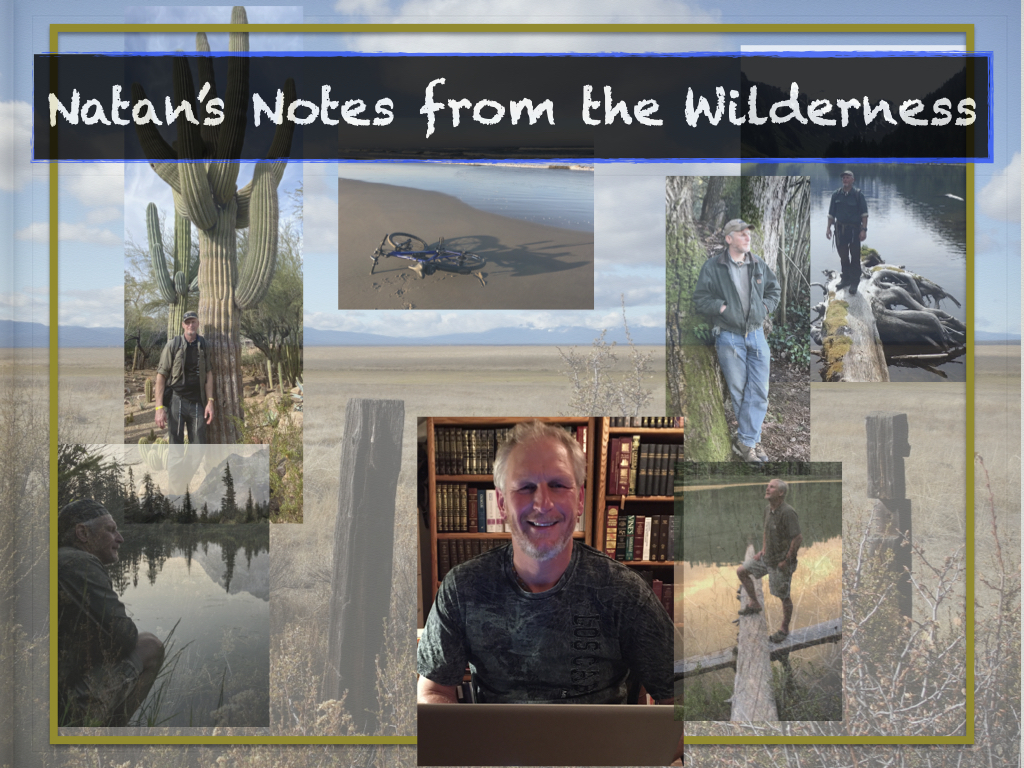
2 Corinthians 3
2 Corinthians 3:2–15, Overview of the Letter Vs. the Spirit of the Torah
In this passage, Paul isn’t teaching against the validity or replacement of the Torah with something else. There is nothing wrong with Torah. How could there be? It is the Word, mind, will and heart of Elohim. Torah shows us how to love Elohim and our neighbor. It shows us how to be blessed, defines sin, shows us how to walk in the paths of righteousness, leads us to Messiah and the shows us our need for him because of our sin and inability to live up to its high standards of holiness and righteousness.
These are just a few of the wonderful benefits of Torah, and I’ve discussed this at length many times elsewhere. The problem with Torah, if you will, is not with Torah itself, but with what sinful and misguided people do with it. Torah itself, like money alcohol or guns, is neutral. It’s the misuse of these things by sinful people that is evil. For example, money isn’t evil; however, the love of it is.
The problem with many people in our day who are returning to a more Hebraic and Torah-centric orientation in their spiritual walk is balance or the lack thereof. Too many people go hog-wild over Torah because the mainstream church system from which they have come has deprived them of it, and when they learn about it, they run to Torah like a flock of starving and half-crazed sheep stampeding from a desert into verdant, lush pasture of grass. They gorge themselves and then get the runs and get all messy. (I know because I grew up on a sheep farm!) Too many people forget about Yeshua and the fact that they can’t even do Torah without him and his Spirit in working in them. Sadly, people forget that we’re “under/subject to the law toward Messiah” as Paul was (1 Cor 9:21). Without Messiah, it’s the dead letter, and as you’ve stated, all you have is a bunch of people trying to earn their own righteousness through their own will power. Can’t be done. The Israelites failed at this and most perished in the wilderness. Why do we think we can do any better?
Please keep this mind, in 2 Corinthians 3, Paul here is largely talking about covenants—both the old and new, which he refers to in verses 6 and in 7 as “the ministration of death,” and which is passing away (v. 11). The Torah itself which remains is still glorious (v. 11). The Torah was merely the terms of the “Old Covenant”, not the covenant itself. Never forget that the “Old Covenant” never promised a person eternal life or ultimate salvation from sin; the New Covenant does. Moreover, there is nothing wrong with the Torah itself, for with it comes many benefits and blessings (if obeyed) and many curses including guilt, shame, condemnation and death (if disobeyed). The problem with a totally Torah-centric orientation, as you’ve correctly identified, is that it overlooks the necessary power of the Spirit of Elohim at work in a person’s life through a relationship with Yeshua. The problem is the rebelliousness of human nature and hard human heart which refuses to be subject to the laws of Elohim (Heb 8:7–8; Rom 8:7; Jer 17:9).
Continue reading

